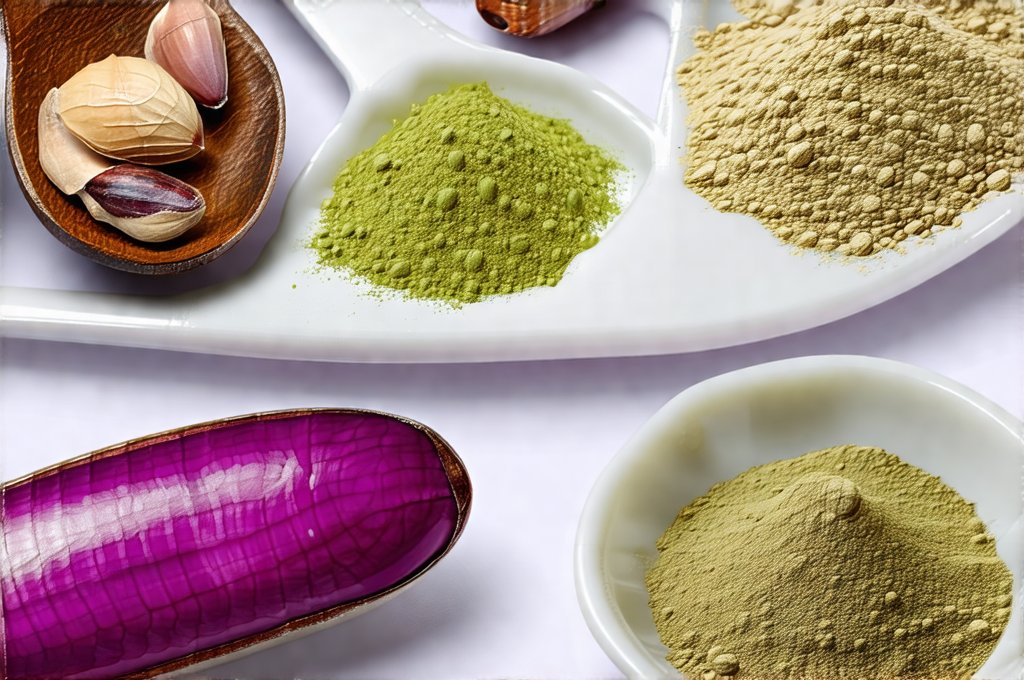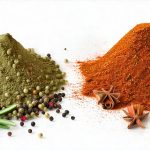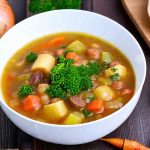Digestive discomfort is an incredibly common experience, affecting people across all ages and lifestyles. From occasional bloating and gas to more chronic issues like indigestion and irritable bowel symptoms, a compromised digestive system can significantly impact overall well-being. While modern medicine offers many solutions, there’s growing interest in harnessing the power of nature to support healthy digestion. For centuries, traditional healing systems have utilized plant extracts for their ability to soothe gastrointestinal distress, promote regularity, and enhance nutrient absorption. This exploration delves into some of the most promising natural plant extracts known to contribute to digestive ease, examining their properties and potential benefits – always with a focus on informed understanding and responsible use. It’s crucial to remember that individual responses vary, and consulting with a healthcare professional is paramount before making significant changes to your health routine.
The human digestive system is an intricate network, reliant on a delicate balance of enzymes, gut flora, and muscle contractions. When this balance is disrupted – by factors like diet, stress, or medication – digestive issues can arise. Plant extracts offer a gentle yet effective way to support the system’s natural processes. They often contain compounds with anti-inflammatory, carminative (gas-relieving), spasmolytic (muscle-relaxing), and prebiotic properties that address various aspects of digestive health. Many traditional remedies have been validated by modern scientific research, confirming their efficacy in promoting a comfortable and efficient digestive experience. However, it’s essential to approach these natural solutions with mindful awareness, recognizing they are not substitutes for proper medical care when dealing with serious or persistent conditions. Considering daily habits can also support digestive health.
Botanical Allies: Soothing the Digestive Tract
Many plants possess compounds that directly address common digestive complaints. Ginger (Zingiber officinale) is perhaps one of the most well-known examples. Its rhizome contains gingerols, which have potent anti-inflammatory and antioxidant properties. This makes it effective in reducing nausea, easing bloating, and accelerating gastric emptying – meaning food moves through the digestive system more efficiently. Peppermint (Mentha piperita), another popular choice, owes its digestive benefits to menthol, a compound that relaxes the muscles of the gastrointestinal tract, relieving spasms and gas. Chamomile (Matricaria chamomilla) is valued for its calming effect on both the mind and the body; it can reduce inflammation in the gut and alleviate symptoms associated with Irritable Bowel Syndrome (IBS).
The effectiveness of these botanicals isn’t just anecdotal. Numerous studies have demonstrated their impact on digestive function. For example, research has shown that ginger can be as effective as some anti-nausea medications for motion sickness or morning sickness. Peppermint oil capsules have been proven to significantly reduce abdominal pain and bloating in IBS sufferers. Chamomile’s soothing properties are linked to its ability to modulate stress hormones, which often exacerbate digestive issues. These plants offer a holistic approach, addressing not just the physical symptoms but also the emotional factors that can contribute to digestive distress. You might find more information about evening routines helpful in managing stress levels.
Importantly, preparation methods influence efficacy. Ginger can be consumed fresh, dried, pickled, or as an oil; peppermint is frequently enjoyed as tea or in essential oil form (though oral consumption of essential oils requires careful guidance from a qualified practitioner); and chamomile is most commonly used as a soothing tea. The concentration of active compounds varies depending on the method, so experimenting with different forms may be necessary to find what works best for you. It’s also important to note potential interactions – for example, ginger can have blood-thinning effects, so individuals on anticoagulant medications should exercise caution. Natural ingredients may offer additional support in these cases.
Harnessing the Power of Prebiotics & Fiber
A healthy gut microbiome is fundamental to optimal digestion. Prebiotics are non-digestible fibers that feed beneficial bacteria in the colon, promoting their growth and activity. Many plant extracts contribute to prebiotic intake. Chicory root, for example, is rich in inulin, a powerful prebiotic fiber known to improve bowel regularity and reduce bloating. Dandelion root also offers similar benefits, alongside its ability to support liver function – which plays a vital role in digestion. Artichoke extract contains inulin and other compounds that stimulate bile production, aiding in fat digestion and absorption.
Beyond prebiotics, direct fiber intake is essential for digestive health. Flaxseed (Linum usitatissimum) provides both soluble and insoluble fiber, promoting regularity and adding bulk to stool. Psyllium husk, derived from the seeds of Plantago ovata, is a highly effective source of soluble fiber known for its ability to relieve constipation and lower cholesterol levels. These fibers absorb water in the digestive tract, forming a gel-like substance that softens stool and facilitates movement. It’s crucial to introduce fiber gradually and drink plenty of water to avoid bloating or discomfort – suddenly increasing fiber intake can actually worsen digestive issues. A balanced diet including vegetables is also a key component.
The interplay between prebiotics, probiotics (beneficial bacteria), and fiber is complex but essential. Prebiotics nourish the probiotics, allowing them to thrive; fiber provides bulk and regularity; and a diverse microbiome contributes to overall gut health. This synergy highlights why dietary changes – incorporating plant extracts rich in these components – are often the first line of defense against digestive problems.
Calming Inflammation & Supporting Enzyme Production
Chronic inflammation is increasingly recognized as a root cause of many digestive disorders, including IBS and inflammatory bowel disease (IBD). Certain plant extracts possess potent anti-inflammatory properties that can help soothe the gut lining and reduce discomfort. Turmeric (Curcuma longa), containing curcuminoids, is a prime example. Curcumin has been shown to inhibit several molecules involved in the inflammatory process. Slippery elm bark provides mucilage – a soothing substance that coats and protects the digestive tract, reducing irritation. Aloe vera gel, when taken internally (specifically formulated for oral consumption), can also help calm inflammation and promote healing.
Alongside inflammation management, supporting enzyme production is vital for efficient digestion. Many individuals experience difficulty breaking down food due to insufficient enzymes. Papaya (Carica papaya) contains papain, a proteolytic enzyme that aids in protein digestion. Pineapple (Ananas comosus) features bromelain, another enzyme with similar properties. These fruits – and their extracts – can be particularly helpful for those who struggle with protein absorption or experience bloating after meals. Bitter melon extract is also thought to support pancreatic function, enhancing the production of digestive enzymes. Foods that restore pH balance can complement these efforts.
The combination of anti-inflammatory compounds and enzyme support offers a comprehensive approach to digestive health. By addressing both the inflammatory component and the enzymatic breakdown of food, these plant extracts can significantly improve comfort and nutrient absorption. Remember that consistent use, alongside dietary modifications and stress management techniques, is often necessary to achieve lasting results. Antioxidants also play a role in overall digestive recovery.
It’s important to reiterate that this information is for educational purposes only and should not be considered medical advice. Always consult with a qualified healthcare professional before incorporating new supplements or herbal remedies into your routine, especially if you have underlying health conditions or are taking medications.


















